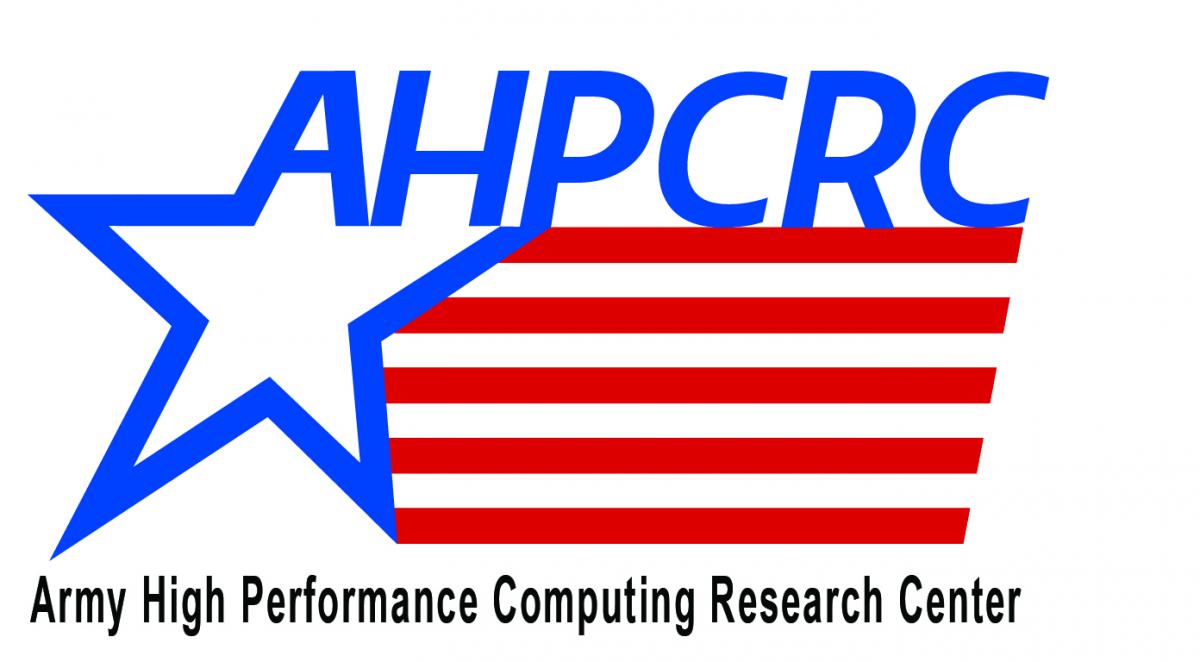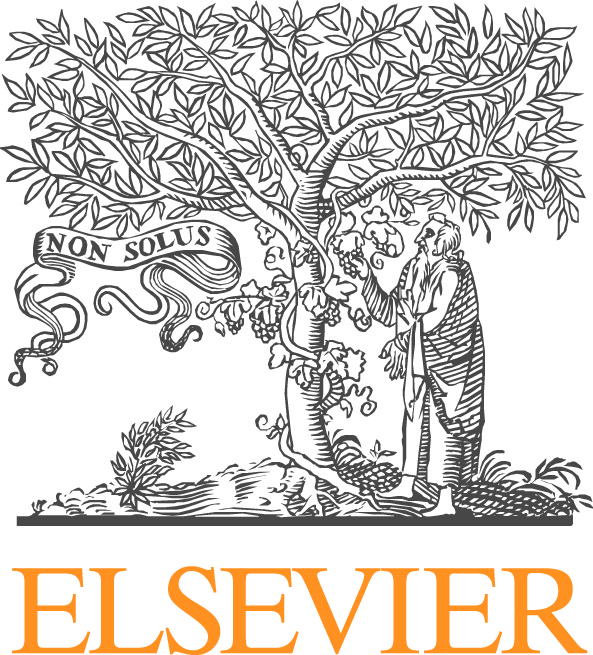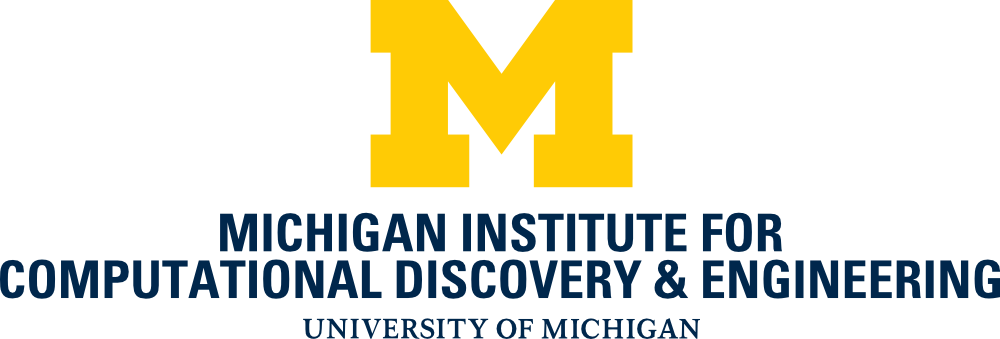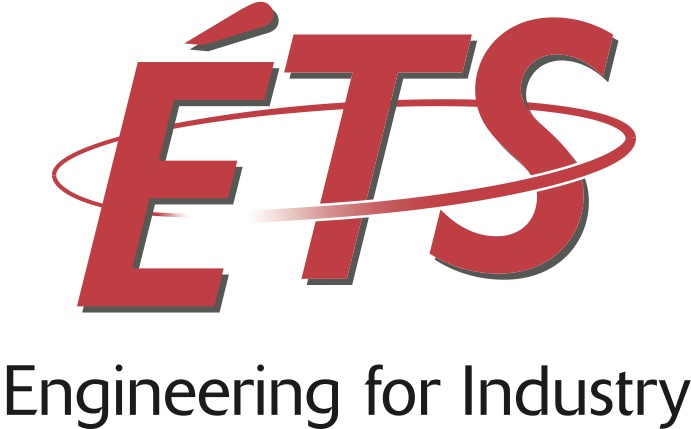Challenges to Validation and Uncertainty Quantification in Large Scale Applications
Kumar Vemaganti, University of Cincinnati
Sandeep Madireddy, Argonne National Laboratory
The areas of Verification, Validation, and Uncertainty Quantification (VVUQ) have gained increasing attention in recent years in the computational mechanics community. While computer modeling and simulation are routinely used in the industry today, there is a need for putting into practice the advances made by in VVUQ, particularly validation and uncertainty quantification.
The goal of this mini-symposium is to promote the use of these principles in real world applications by fostering communication between researchers and practitioners in the areas of computer model validation and uncertainty quantification. In many applications, the computer models are tremendously complex and span multiple disciplines. There are numerous model parameters that must be estimated, often from limited or incomplete experimental data. Simplifying assumptions that are often made in the literature about the data and models may not hold. Moreover, models can be extremely large and the use of techniques like Monte Carlo simulation may not be an option. This necessitates the use of surrogate models, which brings in additional uncertainty into the picture.
We seek to bringing these issues to the fore in this mini-symposium. Topics of interest include (but are not limited to) calibration and validation of large scale models, uncertainty quantification and propagation in industrial applications, data efficient surrogate model development for complex multiscale/multiphysics models and active learning methods to train them, development of commercial and open-source tools suitable for these applications and other challenges in the use of VVUQ for large scale applications.







